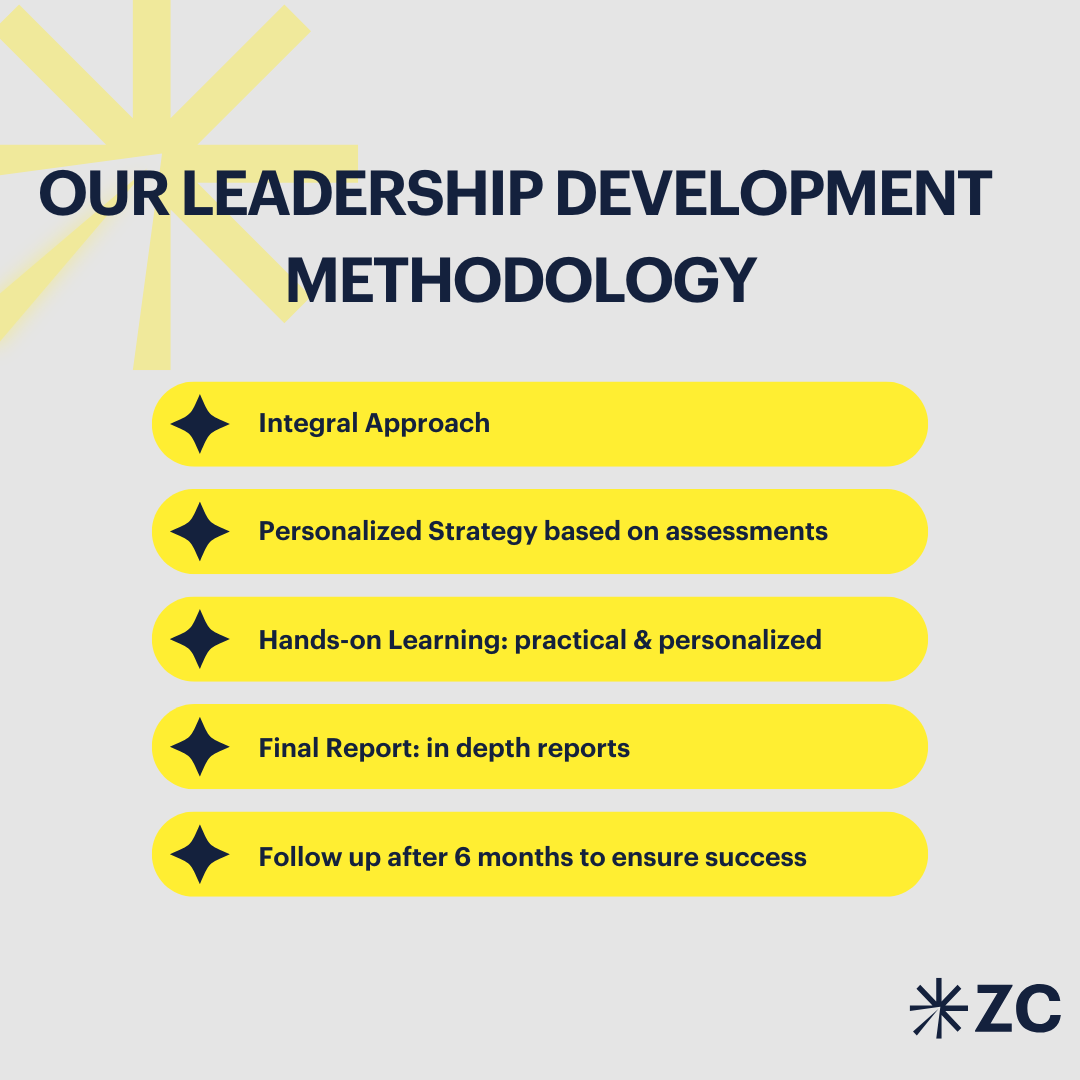Brazil, Latin America’s largest economy, is currently facing significant socio-economic challenges. The Brazilian business environment has been affected in some way or another for the past few years due to the inflationary pressures, high political risks, volatility of the global market, and most importantly, the interest rates. According to the Brazilian Institute of Geography and Statistics (IBGE), Brazil’s GDP growth forecast for 2024 has been revised to a modest 1.5%, highlighting a sluggish recovery after the pandemic. Executive development is an interesting tool for local business.
The World Economic Forum’s Global Competitiveness Report consistently points to Brazil’s need to improve business sophistication and institutional capacity. Local Businesses are finding it challenging to recruit leaders able to manage complexity and deliver growth over a longer period of time.
Executive Development and Assessment in Brazil’s Business Landscape
In today’s world of complexity, Executive Development and Assessment services have emerged as vital for organizations seeking to develop strong leadership pipelines. It goes beyond simple recruitment processes as they evaluate an executive’s skills to a greater extent including evaluation of their capabilities, leadership potential, acculturation, and change management abilities.
One key challenge in Brazil is the gap of succession.Many family-owned businesses dominate the market, and only 30% successfully transition leadership to the second generation, according to PwC Brazil. An effective executive assessment strategy fosters skilled leadership transitions by locating and nurturing talent internally for future organizational roles.
Moreover, with Brazil’s push toward digital innovation, leaders need to demonstrate not only strategic thinking but also adaptability and digital fluency. According to LinkedIn’s Workforce Report, Brazil has one of the highest demands for digital skills in Latin America, yet faces a significant skills gap. Executive assessment helps bridge this divide, providing data-driven insights into which leaders possess the necessary competencies to lead in a digital economy.
Opportunities for Businesses Investing in Executive Development
Despite economic headwinds, forward-thinking organizations see a clear opportunity: investing in leadership excellence as a differentiator. Companies that prioritize executive development are more likely to attract and retain top talent, improve decision-making, and foster a strong organizational culture.
By integrating executive assessment tools such as 360-degree feedback, psychometric evaluations, and behavioral interviews, businesses in Brazil can:
- Identify high-potential leaders early
- Reduce turnover by ensuring cultural alignment
- Strengthen succession planning strategies
- Equip executives to handle market disruptions
Additionally, global investors and multinationals are increasingly focusing on ESG (Environmental, Social, and Governance) initiatives. Leaders who excel in managing these priorities offer a competitive advantage, making executive development essential.

Final Thoughts: Executive Excellence as Brazil’s Competitive Edge
Executive Development and Assessment services are not a luxury—they are a necessity in today’s Brazilian market. Amid economic turbulence, businesses that invest in their leaders are better positioned to survive and thrive. The companies that will shape Brazil’s future are those that understand that strong, adaptable leadership is the key to unlocking sustainable growth.
To learn more about our services click here: Personalized Leadership Development | Zavala Civitas Headhunting – Zavala Civitas









